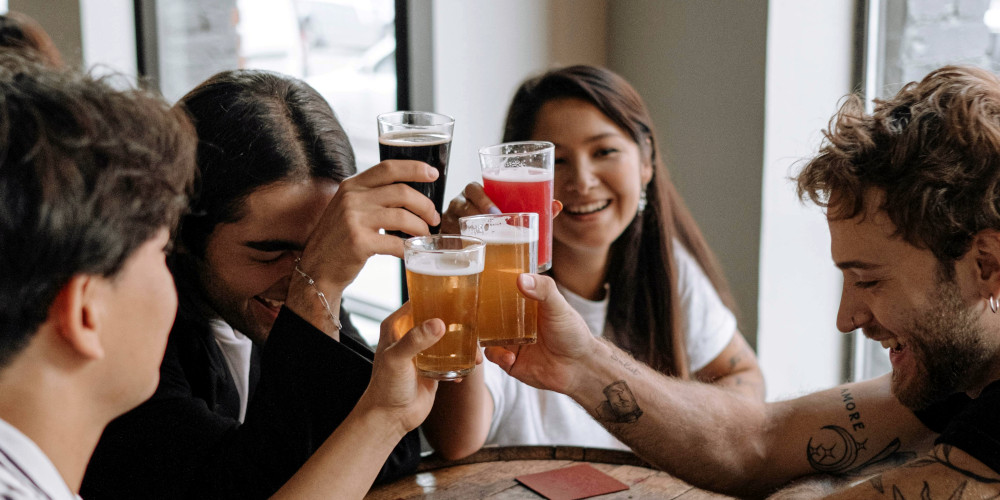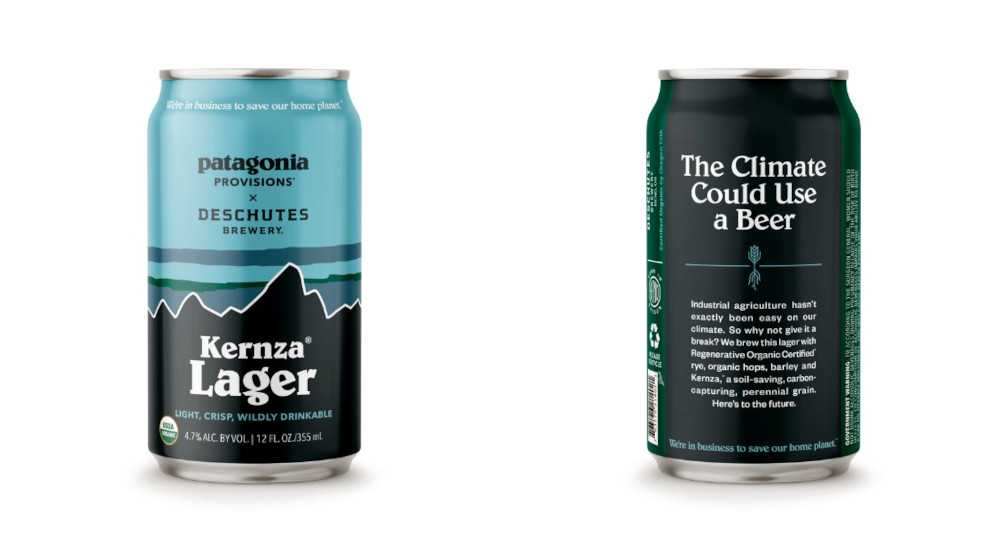Study: Nearly 50% of beer drinkers will pay more for a sustainable brew
 Image credit: Cottonbro
Studio
Image credit: Cottonbro
Studio
Maintaining their signature flavor and quality is a top priority for brewers.
However, as a resource-intensive process, brewers are challenged with improving
its impact on the environment — and consumers are demanding brewers prioritize
sustainability more than ever.
So finds a comprehensive global survey of 3,500 beer drinkers across seven
countries, conducted by Pall Corporation — a a global
supplier of filtration, separations and purification solutions — to understand
their current perceptions and opinions of sustainability in brewing.
Almost half of respondents across the target markets of Austria,
Belgium, Germany, Japan, Singapore, the UK and US said
they would pay up to 30 percent more for a more sustainably produced beer that
reduces
waste
and
water
and energy consumption over a less expensive option from a company that doesn’t
prioritize sustainability or optimize resource use.
The beer lovers surveyed are also more aware of, and concerned about, the
environmental impact of their pint than ever before — with almost two-thirds (61
percent) admitting that the sustainability of their beer now directly affected
their choices in pubs, bars and supermarkets. 80 percent believe that reducing
waste is relevant to sustainable beer production, 76 percent cite a reduction in
energy and 63 percent also note the importance of reducing water
use.
“Consumers are considering the environmental impact when deciding which beer to
purchase,”
said
Pall Corporation beer market manager Roland
Pahl-Dobrick.
“Consumers have an interest in the brewing process and understand that reducing
waste, water and
energy
are vital for more sustainable brewing.”
The data reflect respondents’ understanding of the relationship between beer
production processes and quality — nearly 60 percent thought that filtration
would play an important part in a beer’s environmental impact and 75 percent
said that they were interested in learning more about the brewing process.
“Filtration plays a critical role in the brewing process,” Pahl-Dobrick
explained. “Traditionally, beer has been clarified and purified via a fossilized
algae called diatomaceous earth; but this creates approximately 3kg of waste
sludge for every 1kg used. This can amount to hundreds of tons of waste in large
breweries and often ends up in landfill sites. It also typically uses a lot of
water, [but] there are more sustainable options” — pointing to modern methods
including “crossflow membrane filters which use less water and energy, generate
far less waste and are more cost-effective to run.”
Deschutes, Patagonia brew two new organic beers with regenerative grain
 Image credit: Patagonia
Provisions
Image credit: Patagonia
Provisions
Meanwhile, a new collaboration between Oregon-based Deschutes Brewery
and Patagonia Provisions is set to
further increase the variety of not only sustainable — but regenerative — brews
for conscientious beer drinkers.
In an effort to scale organic and Regenerative Organic Certified
(ROC) ingredients,
Patagonia’s sustainable food and beverage business has been partnering with
renowned US breweries
including Allagash Brewing Company, Dogfish Head, Lawson’s Finest
Liquids, Odell Brewing and Rhinegeist Brewery to develop beers using a
regenerative grain called Kernza.
Deep-rooted, perennial crops such as Kernza are an optimal component of the
growing
regenerative-agriculture
movement — they require minimal tilling, increase soil organic matter, improve
soil health and water-holding capacity; and help increase ecosystem nutrient
retention and carbon sequestration, which helps fight climate change.
Most beer is made from barley and hops sourced from conventional, industrial
farms — which use synthetic fertilizers and pesticides, as well as monocultural
practices that deplete soil health. And according to the USDA, less than 50
of the over 9,700 breweries in the US produce organic beer.
Now, award-winning craft brewer Deschutes — which was one of the first breweries
to produce a certified organic beer, in 2007 — joins Patagonia Provisions’ crew
of forward-thinking brewers to help increase sustainability in the industry and
to scale ROC and organic ingredients in beer.
“As brewers, we turn barley, Kernza and hops into tasty drinks that bring people
together,” said Deschutes CEO Peter
Skrbek.
“By working with farmers to eliminate chemicals, conserve water and improve soil
health, we can make a big impact. We’re excited to partner with Patagonia
Provisions, who share our vision for better farming and great beer for every
lifestyle. Together, we aim to revolutionize the beer supply chain and promote
regenerative organic farming.”
The results of the partnership are a new Kernza Lager and Non-Alcoholic
Kernza Golden Brew (Deschutes is the first craft brewery to use Kernza in a
non-alcoholic beer). The ultimate goal is to expand the amount of acreage
dedicated to growing organic and ROC
crops,
which would lower ingredient costs.
“We’re thrilled to team up with Deschutes Brewery to bring two organic beers — a
Kernza Lager and a Kernza non-alcoholic brew — to a national audience,” said
Paul Lightfoot, General Manager of
Patagonia Provisions. “This isn’t just about great-tasting brews — though they
are pretty fantastic; it’s about championing organic and Regenerative Organic
Certified ingredients and shifting the brewing industry to more responsible
practices.”
Patagonia Provisions x Deschutes Brewery Kernza Lager and Non-Alcoholic Kernza
Golden Brew will be sold in 6-packs of 12oz cans and available at all major
retailers nationwide — including Kroger, Total Wine &
More and Whole Foods Market — by September 1, 2024.
Get the latest insights, trends, and innovations to help position yourself at the forefront of sustainable business leadership—delivered straight to your inbox.
Sustainable Brands Staff
Published Jun 6, 2024 8am EDT / 5am PDT / 1pm BST / 2pm CEST